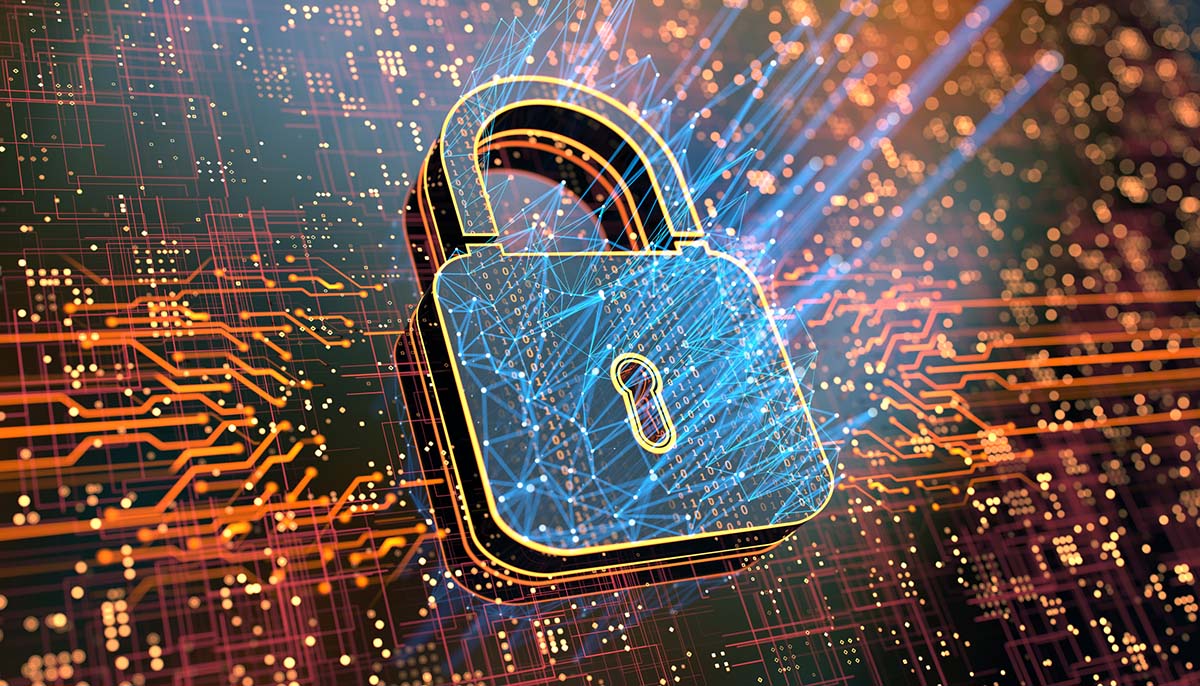
Marinas of the Future: Ensuring Security in a World of Interconnectivity
Published on June 29, 2023In today’s highly digital world, cybersecurity and data protection are essential. The more we integrate digital processes into business operations, the more mindful we need to be about maintaining the highest level of security. This rings true especially for marinas, as a recent Coast Guard’s Cyber Command report highlighted maritime cyber-attacks have risen 68% since 2020 and 176% since 2019.
For marinas, protecting customer information is the top priority. The breach of one business can reveal thousands of credit cards and other sensitive records. Companies are responsible for protecting their customer’s data by investing in secure software and maintaining common sense cyber security practices.
With that in mind, here’s a great place to start.
1. Seek Out Secure Tools
Marina management software acts as the hub of a business. It’s crucial to select a vendor that provides strong backend protections and arms marina owners and operators with a suite of security features to protect the front end. A secure marina management platform is frequently updated with security enhancements, integration additions and resources to help support the entire team.
2. Know Where Your Data Is
There are several ways technology platforms can store data. Currently, most software providers use a cloud-service model, meaning customer data is stored on a third-party server. Generally, in cybersecurity, the fewer parties involved, the more secure a system is; however, opting for a server host is more secure in this case.
There is a difference between software security and server security. A software provider is an expert in one but not necessarily the other. By outsourcing data hosting, they can provide customers with solid protection on both fronts. It is important to check with a provider to see who their data host is. Look for recognizable names like Microsoft Azure, Amazon Web Services (AWS), or IBM. As trusted names in the industry, they have unmatched resources and expertise in data security.
3. Ask About Security Testing
Cyber threats are constantly evolving, which means cybersecurity is too. Review a technology partner’s security page for information about ongoing testing and annual training for security specialists. If the information is not listed, contact a customer representative. It’s better to have an overly cautious vendor than one who has become complacent.
4. Know Your Security Features and Use Them
Every marina management system is different, but good features to look for include the following:
Two-factor authentication. This sends a confirmation code to a secondary device or alternate contact when a user logs in to ensure their identity. This makes it harder, but not impossible, for hackers to break in using stolen passwords.
Single sign-on (SSO). This feature enables users to access multiple systems with one set of credentials. It reduces the need to memorize multiple passwords and the number of places a hacker can attempt to get in.
Security profiles. Not every user needs to access the same amount of data. Security profiles enable managers and business owners to assign capabilities and access according to a user’s position. For example, a cashier needs access to the point-of-sale system, but they don’t need access to payroll.
5. Implement Processes and Staff Training
According to a joint study by Stanford University and security firm Tessian, 85% of data breaches result from human error. A man may only be as good as his tools, but the reverse is also true. Tools are only as effective as their user. Staff training and comprehensive security processes are as crucial to keeping data safe as the software. A marina management software partner should arm the marina staff with the tools and resources to learn the technology, stay informed about updates, and learn industry best practices.
6. Raise Awareness within Your Business
Phishing scams, suspicious links, and unsecured websites are common tactics hackers use to trick or outright steal information from people. Employees who don’t know what to look for are more susceptible to making these mistakes; that’s why every employee should undergo basic cyber awareness training. These courses are not designed to be overly technical but provide employees with easy and tactical steps to keep systems safe at work or home.
And just as vendors need ongoing training, so do your workers. Remember, new threats and new methods are constantly evolving. What works one day could become a liability in a month or two.
7. Have a Response and Recovery Plan
Unfortunately, even the best security in the world isn’t foolproof, so marinas need a plan for when something goes wrong. Where did the breach occur? How will data be recovered? How will customers be alerted and kept informed? What steps can be taken to ensure it doesn’t happen again? These are essential questions all businesses need to plan for.
Operating a marina business in a more interconnected world has great advantages. Marinas can reach more potential customers, optimize operations with integrations, and create efficiencies across the entire business. Along with the benefits of a more tech-savvy marina comes a heightened risk of cybersecurity challenges. Along with preparing the team and treating customer data carefully, marina management software can be a strong asset in ensuring security.
Adelle Rodriguez is senior director of marketing at RMS North America. She can be reached at aro@rmscloud.com
| Categories | |
| Tags |





